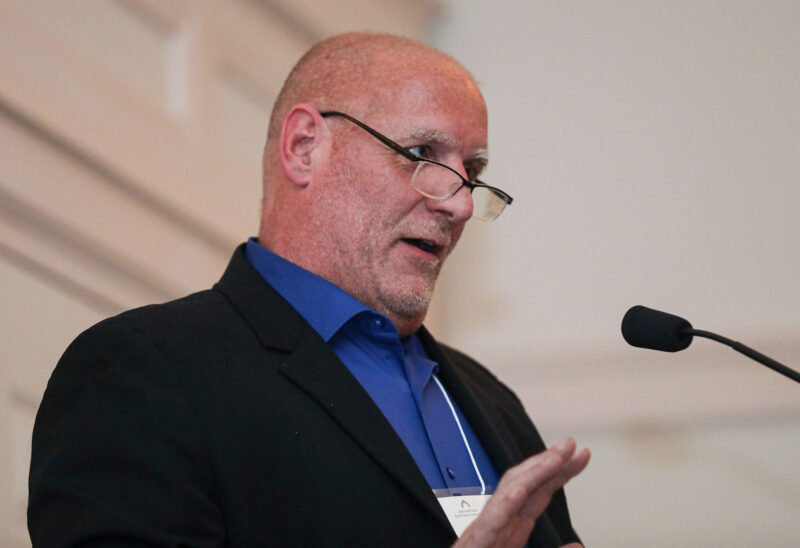A new report from PolEcon research shows that substance misuse costs the state $2.36 billion a year in health and criminal justice costs, lost labor force participation and lost worker productivity – up from $1.84 billion in 2014.
That cost is equal to $1,780 for every resident of New Hampshire.
New Futures released the new report on Monday, an update to a report released in 2014.
Lost worker productivity and reduced earnings of alcohol-dependent workers account for the largest portion of that cost. More than half of New Hampshire’s corrections costs are attributable to substance abuse.
At a time when New Hampshire’s working-age population is shrinking and workforce demands increasing, the report points out that alcohol dependence reduces New Hampshire’s workforce by 1.65 percent – or 12,000 workers.
But there is good news in this report as well: The report details the significant increase in treatment since the passage of the Affordable Care Act and subsequent expansion of New Hampshire’s Medicaid program. Of the 50,000 people who became eligible for insurance coverage under the expansion of Medicaid, almost 11,000 got treated for substance use disorders. The most conservative estimates of the benefit-to-cost ratio of treatment in New Hampshire is three-to-one: three dollars are saved for every dollar spent on treatment.
Overall, crime rates and auto accidents have gone down, with corresponding modest reductions in some costs associated with substance misuse.
And the report points out that reductions in youth rates of alcohol and drug dependency in recent years have corresponded with an increase in evidence-based prevention programs, showing that funding for prevention is working to help New Hampshire kids.
“This report is another stark reminder that it is critical to remain vigilant and proactive in expanding alcohol and other drug prevention, treatment and recovery in New Hampshire,” said Tym Rourke, Foundation director of substance use disorders grantmaking and chair of the Governor’s Commission on Alcohol and Drug Abuse Prevention, Treatment and Recovery. “Untreated substance use disorders don’t just affect individuals and their immediate families, they affect all of us. Focusing on improved access to services is vital to the health of the New Hampshire economy.”













![Charitable Foundation President Dick Ober [Photo by Cheryl Senter]](https://www.nhcf.org/wp-content/uploads/2023/12/dick-ober-purpose-fall-winter-2023-800x548.jpg)





